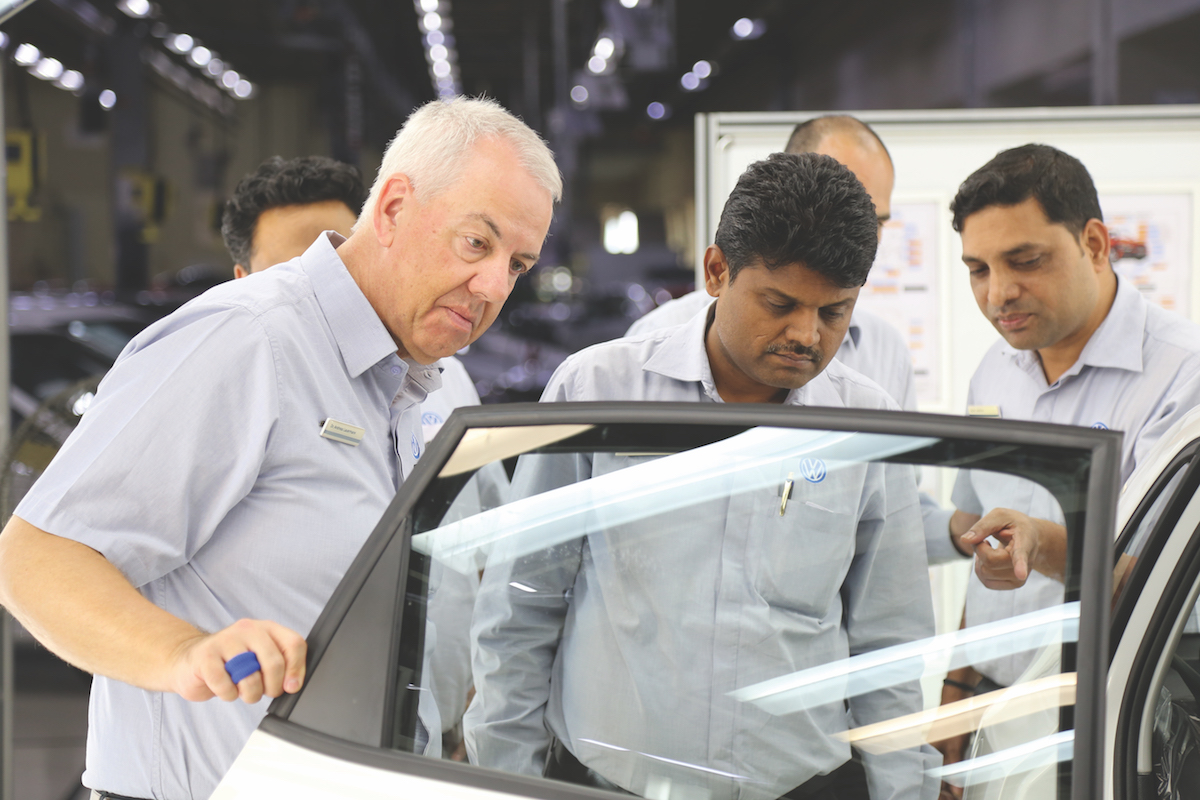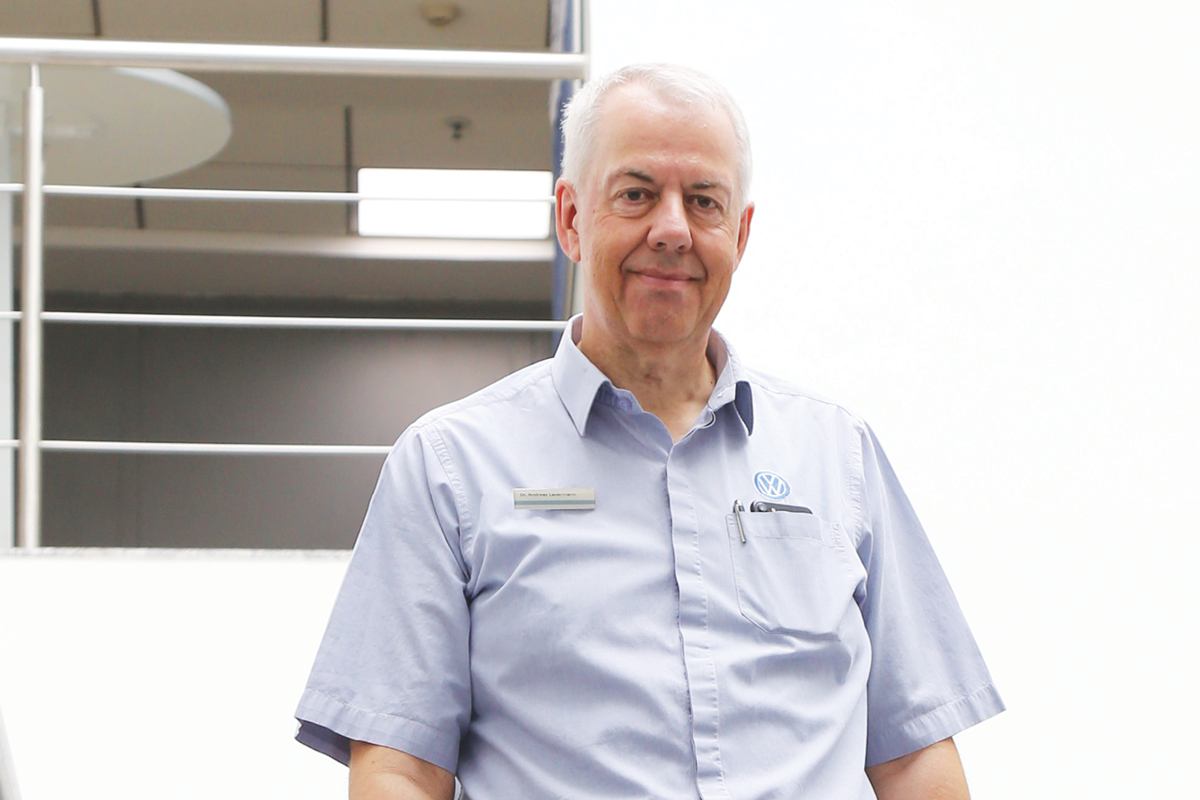When Andreas Lauermann was appointed President and Managing Director of Volkswagen India, he saw an opportunity for the company to play a bigger role in the country’s automotive market. After starting out at Volkswagen’s headquarters in Wolfsburg, Germany, in 1997, Andreas became adept at interacting with different cultures.
“I was not only working in Wolfsburg, I was also travelling all around the world,” he tells The CEO Magazine. “I was in Europe in the beginning, then South America, and then China. India was the next challenge.”
The car manufacturer set up its Indian subsidiary in 2007 and has been expanding its vehicle portfolio there ever since. “India is extremely important for the Volkswagen Group,” Andreas says.
“It’s a growing market, therefore it is vital for us to know the price sensitivity and the customers’ needs. You cannot take some of the technologies available in Europe or China, bring them to India, and expect them to be automatically successful – it will not work. You have to find the right combination of features and the right design for the cars. This is the challenge we are facing with our new product portfolio.”
The first car made for India, in India
One of the company’s greatest successes so far has been the launch of its Ameo sedan range. “This was the first car made for India, in India,” Andreas says.
“It was the first step in the direction of understanding the customer needs and establishing ourselves here.” The Ameo was designed for the younger generation that ‘knows what it wants’. It features a touchscreen infotainment system, plush beige seats, dual airbags and automatic rain-sensing windshield wipers.

Since then, more models have been released. “We have launched the Tiguan, and the new Passat – a very successful model in Europe – with modern technology,” Andreas says. “This is the range Volkswagen wants to establish here.”
With its manufacturing base in Pune, Volkswagen India has been enhancing both its product quality and its capacity. “Exporting cars is a crucial part of our business strategy here,” Andreas says. “We have increased our volume year by yearp and we have done a lot of efficiency work to meet the capacity requirements.
Improving localisation
“At the moment, the percentage is split at around 60% for the domestic market and 40% for export. We want to change this to 70% for the local market and 30% for export. Having more export is always welcome – it’s always good to have more business – but we are mainly here for the domestic market. On top of that, quality plays a very important role and we are constantly working on it, not only here for India, but worldwide, where we are delivering as well.”
The company wants to ensure it keeps a significant portion of its business localised. “We have a localisation rate of 82%,” Andreas says. “We want to increase it to 85% and even go a bit further. We finished creating our engine portfolio and in 2017 we started a new production line for TDI [turbocharged direct injection] engines. These are bigger and more complex engines, which we are actually delivering for Audi, Skoda and Volkswagen.” Andreas says the company is also developing its supplier base, and its sales team is strengthening its after-sales service.
Another area the company is developing is its technology base. “We have a small research and design team – compared with some of our competitors – so we are planning to increase it and use it in a more effective way,” Andreas continues. “We did it first with the Ameo and now, with a brand-new product portfolio, we are further establishing our engineering base to be near the customers and suppliers.
Being open to new ideas and developments
Having travelled the world for his job and now settling in India, Andreas emphasises that the secret of a successful business is being open to new ideas and developments. “When you look at what is happening in the automotive industry, there are a lot of developments and disruptions. It’s not only the electrification of cars, which is a big thing; it’s also digitisation and connectivity.
“You have to stay on top of the technologies that customers want. In your business model, you need to keep track of these things and have something that adds value for the customer. You must be open to what is going on and what challenges your existing business model. When you think about what you can create as a value-add for the end user and adapt your business model to this, then you will be successful. It is about having permanent openness.”



